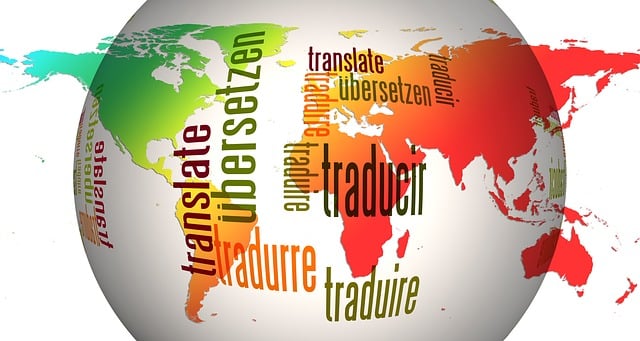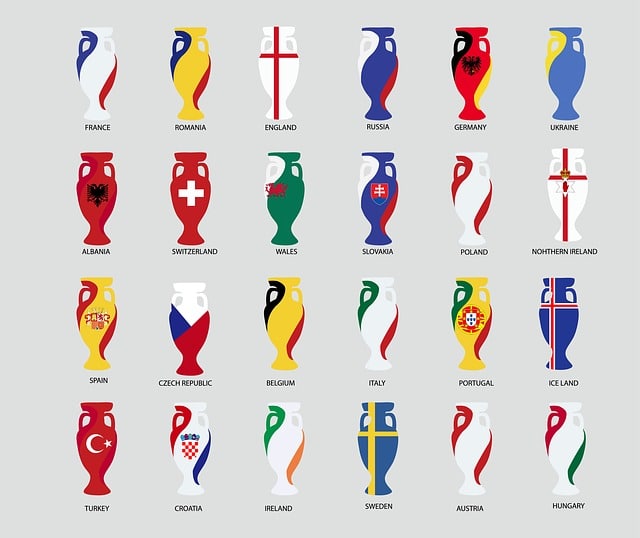
Multilingual people have more job opportunities
The etymological composition of the adjective multilingual is formed with the compositional element multi- (which refers to “many” ) and the Latin word linguis (derived from lingua , that is, “tongue” ). The concept refers to those who speak different languages .
speak many languages
Someone multilingual, therefore, is able to communicate in different languages . Generally the notion refers to someone who masters four or more languages, since there are also terms such as bilingual (two languages) or trilingual (three languages).
A multilingual or multilingual individual has a wide ease of expression thanks to his knowledge. If a person speaks Spanish , Italian , Portuguese , French and English , to mention one possibility, they can be classified as multilingual.
A job advantage
Multilingualism is a very important value at work level. Those who are multilingual often have an advantage in accessing certain jobs , usually well paid. A multilingual professional can work in the area of international relations or foreign trade , for example.
Although in the past the requirement to speak more than one language to access a job was not so common, in recent decades this has changed to the point of becoming a basic requirement in almost any field . It is true that for roles in which it is not necessary to deal with people from different countries, only Spanish and English are usually required, while the rest of the languages appear in more specific cases.
English represents an exception, because it is considered the universal language : it is present in all aspects of life, especially in computing and the Internet. Without basic knowledge of this language it is difficult to adapt to modern life, even if we only want to communicate using a telephone. In other words, being bilingual today is almost mandatory .
Companies tend to value multilingual candidates more than bilingual ones, and the latter more than those who only speak their native language. Whether or not we agree with this vision of work skills, it is a rule that prevails in the market and that economically supports the large number of language academies that exist in the world.
As a content adjective
A multilingual document , on the other hand, is developed in multiple languages. Take the case of a joint statement by the governments of Germany , France , Italy , Spain , Russia and Portugal . The authorities release a text that is written in German , French , Italian , Spanish , Russian and Portuguese : that is, it is multilingual.
Similarly, multilingual education is taught in many languages. These educational centers are precisely described as multilingual.

Multilingual content is especially enriching
It is important to note that multilingualism is associated with cultural diversity . Faced with the threat of extinction that hangs over many languages, multilingualism is a way of defending different ways of seeing and understanding the world . For this reason, sending children to multilingual schools has more than one benefit, both for them and for the languages themselves, in keeping them alive.
Multilingual films are not so common, but they exist and offer very peculiar content. First of all, it is important to note that it is not easy to write a script with this characteristic, since in the best of cases it requires the presence or advice of at least one specialist in each language. If they succeed, then it can bring a very wide and richer universe to the story than if everyone spoke a single language. This is especially useful for an international espionage film, for example.
